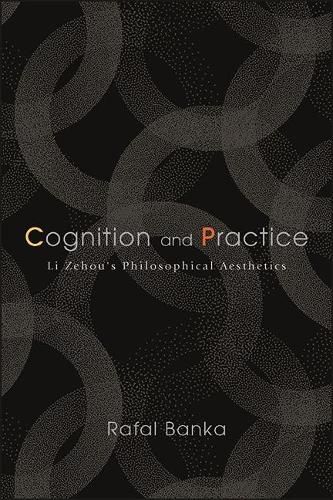Readings Newsletter
Become a Readings Member to make your shopping experience even easier.
Sign in or sign up for free!
You’re not far away from qualifying for FREE standard shipping within Australia
You’ve qualified for FREE standard shipping within Australia
The cart is loading…






This is the first book on the role of cognition in the aesthetic theory of Li Zehou (1930-2021), one of China’s most important and influential contemporary philosophers. The cognitive dimension and its integration with practice is discussed by examining one of Li’s pivotal concepts: subjectality, a human subject shaped by the world in which they live, including beauty and aesthetic experience. Li’s theory is also contextualized in the threefold inspiration coming from Confucian, Kantian, and Marxist philosophies, which differently conceptualize the aesthetic and cognitive dimensions in humans. By referring to different aesthetic theories and interdisciplinary approaches to cognition, the book aims to show how Li’s cognitively oriented project can contribute to contemporary research into aesthetics. Although primarily written for philosophers working in aesthetics, Chinese, and comparative philosophy, the book is also addressed to anyone interested in contemporary Chinese thought.
$9.00 standard shipping within Australia
FREE standard shipping within Australia for orders over $100.00
Express & International shipping calculated at checkout
This is the first book on the role of cognition in the aesthetic theory of Li Zehou (1930-2021), one of China’s most important and influential contemporary philosophers. The cognitive dimension and its integration with practice is discussed by examining one of Li’s pivotal concepts: subjectality, a human subject shaped by the world in which they live, including beauty and aesthetic experience. Li’s theory is also contextualized in the threefold inspiration coming from Confucian, Kantian, and Marxist philosophies, which differently conceptualize the aesthetic and cognitive dimensions in humans. By referring to different aesthetic theories and interdisciplinary approaches to cognition, the book aims to show how Li’s cognitively oriented project can contribute to contemporary research into aesthetics. Although primarily written for philosophers working in aesthetics, Chinese, and comparative philosophy, the book is also addressed to anyone interested in contemporary Chinese thought.